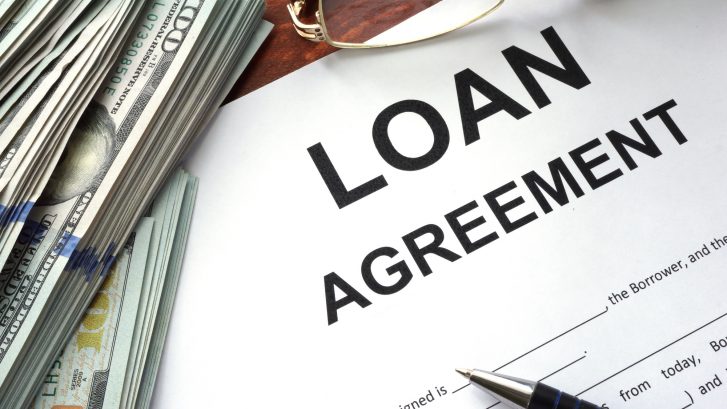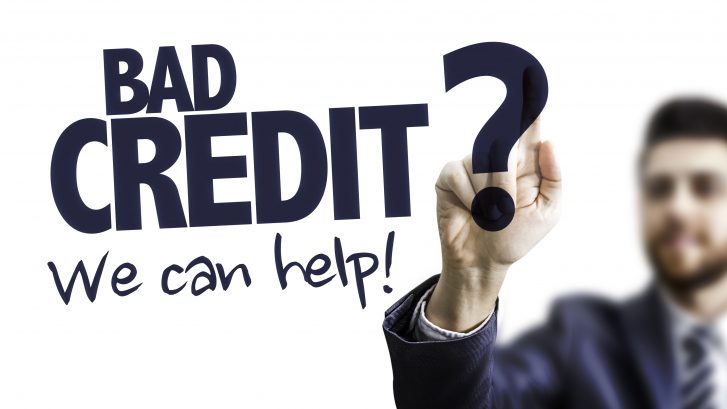Why No Credit Check Loans are Your Solution to Unexpected Expenses
Nearly 1 out of every 5 Australians would struggle to come up with $500-$1000 to cover an emergency expense.
That means when a tyre pops, an injury occurs, or a roof needs repair, almost 20% of the country is left scratching their head, wondering what to do.
For many people, the solution to this problem is obtaining a loan. Loans can be an easy way to get past an emergency financial stumble between paychecks and are relatively easy to get at any financial institution… for people with good credit.
Life throws curveballs at you, and you’re not always able to afford them. Fortunately, no credit check loans can help you during these times. Here’s why.
But How Can You Get the Help You Need If Your Credit Is Average or Poor?
If you’re one of the millions of people around the world struggling with credit issues and need access to temporary financial support to get through a difficult time, no credit check loans could be the solution you’re looking for.
What Are No Credit Check Loans?
No credit check loans, as their name suggests, is money you can borrow from a loan provider without the need to have your credit checked. Loan amounts vary from provider to provider but on average can range from $50.00 to over $1000.00.
Approval is based mostly on verifiable income, the application process is non-invasive and you can have the money you need fast.
If any of the following apply to you, you may want to consider getting a loan that does not require a credit check:
- You have a poor credit history
- You have no established credit history
- You need quick access to fund an emergency expense (car repairs, home repairs, health expenses, etc.)
- You want to apply for a loan that specialises in helping applicants with below excellent credit
Why Choose a No Credit Check Loan over a Traditional Loan?
While loans without credit checks are generally associated with customers that have below average credit, know that even people with excellent credit may opt for this type of loan for a variety of reasons.
Traditional loans tend to require large amounts of paperwork and paperwork means progressing time. No credit check loans generally process faster since less information needs to be verified to get your loan funded.
Also, getting your credit checked may hurt your credit score.
There is a lot of varying information on this topic, but the key to understanding which kinds of checks harm and don’t harm your credit score depends on the type of credit check being conducted.
There are two types of credit check inquiries, hard and soft.
An example of a soft credit check is when you use an online service to look at your own credit score. This type of check should not affect your credit.
Hard credit inquiries (or hard pulls) are the type of credit checks that are generally required by lending institutions. With a hard check, lenders request a more in-depth look at your credit history to determine whether or not you are eligible for the loan they are offering
Hard inquiries can damage your credit score between 5 and 10 points which can be a big difference to borrowers.
For that reason, many people, regardless of the type of credit they have, may opt for no credit check loans.
Why Do Lenders Offer Loans Without Credit Checks?
Large amounts of prospective customers looking for loan products, through no fault of their own, have poor or no established credit. The reasons why people have poor or no credit vary and taking the time to understand those various reasons is why no credit check loan options are a safe bet for lenders.
For example, not having credit history can be a result of your age. Somebody who is going to college for the first time and needs extra cash to pay for moving expenses should have options to attain the money they need to get to where they need to go.
The same goes for people with poor credit. Many people have temporary lapses in employment which results in unpaid bills that can damage their credit. This temporary hardship is not an indicator of their willingness to pay back their loans in the future and therefore, they don’t represent a significant risk to lenders.
Considering those two things:
- The number of prospective customers with less than excellent credit
- The low pay-back risk many of them pose since their credit issues were out of their control
is why lenders have developed loan options that are mutually beneficial to both them and borrowers in the form of no credit check loans.
What You Need to Get a No Credit Check Loan
Requirements vary from lender to lender but generally, all you’ll need to qualify are:
- Verifiable income
- An active bank account
- And be of legal age to take out a loan
To Sum It Up
If you’re in need of fast cash for life’s unexpected occurrences but are worried that your credit history will stop you from getting the help you need, no credit check loans can help.
Loans that do not require credit checks are a safe means of getting the money you need and rely almost solely on your verifiable income for qualification. Credit is not a factor and will not be checked during the application process.
How We Can Help
At Cigno Loans, we offer no credit check loans that are tailor-made for your particular financial needs. We believe in responsible borrowing and lending and to that end, one of our loan advisors can guide you through taking out a loan that fits your lifestyle and gives the help you’re looking for.
We help people through tough financial situations every day. We fully understand the pressure they’re under, and after we’ve given them the help they need, they come to find that our team is more understanding than other lending institutions.
Remember, we’re here for you every step of the way. If you ever need help with any of your lending-related questions, let us know!
If you’re interested in a loan that won’t check your credit and offers competitive rates, you can apply today!
Read more about loan advice, money saving tips, and finance on our blog!



